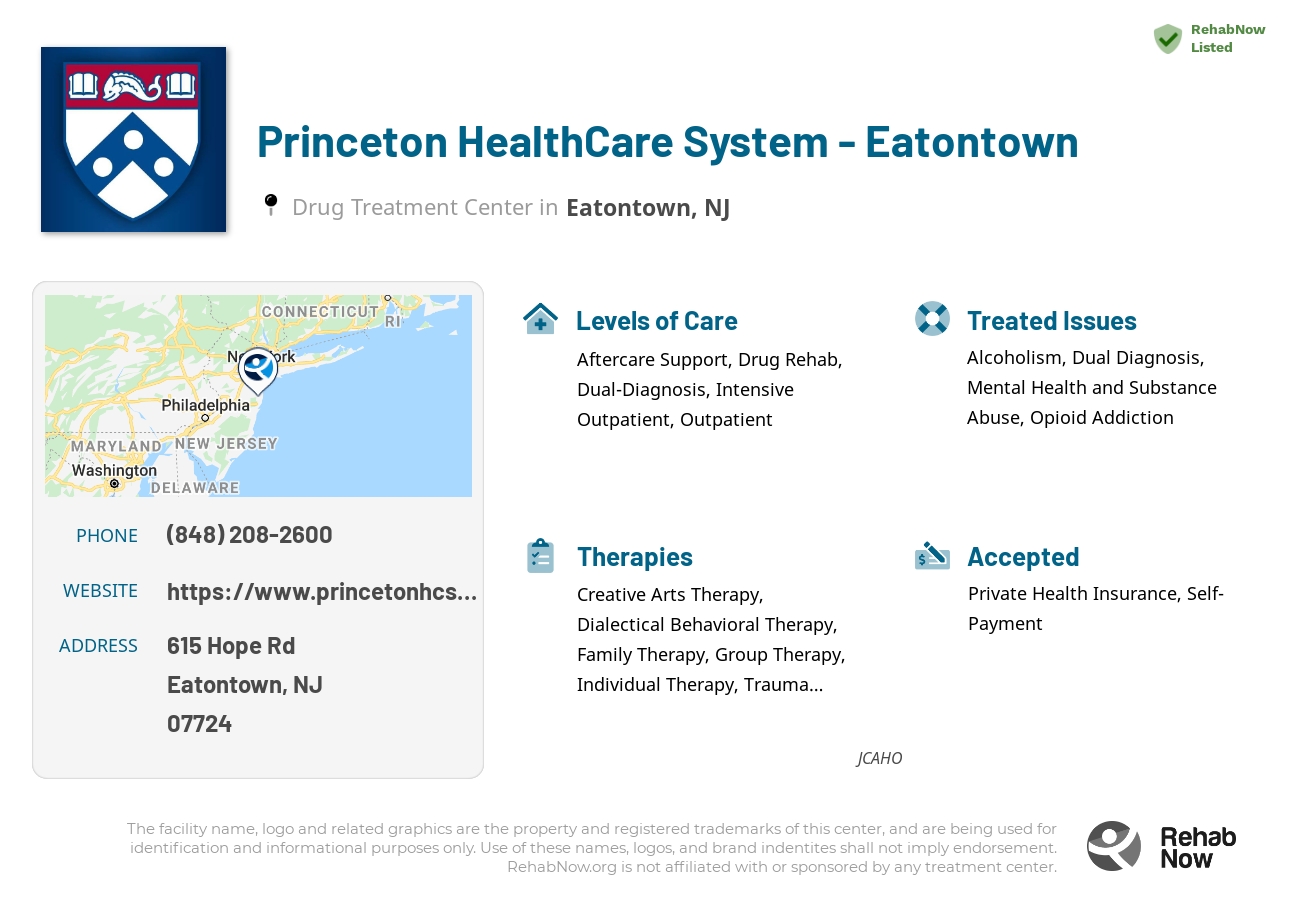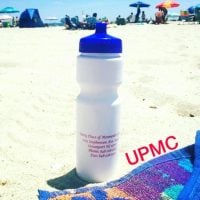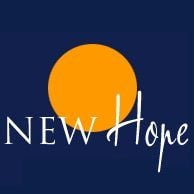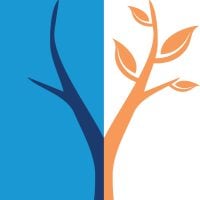About This New Jersey Facility
Princeton HealthCare System - Hope Road in Eatontown, NJ, stands out as a leading healthcare provider specializing in addiction treatment. This nonprofit, community-based teaching system prides itself on compassionate care enhanced by cutting-edge technology and a distinguished medical staff. With a focus on addressing addiction and mental health issues, the facility offers a comprehensive suite of services aimed at fostering recovery and promoting overall well-being.
Accredited by the Joint Commission on Accreditation of Healthcare Organizations (JCAHO) and the Substance Abuse and Mental Health Services Administration (SAMHSA), Princeton HealthCare System - Hope Road upholds the highest standards of care and safety. The facility's affiliation with the prestigious Princeton HealthCare System and its acceptance of private health insurance makes it accessible for individuals seeking help for substance abuse and addiction issues.
- Offers personalized, evidence-based treatment plans tailored to each individual's needs.
- Provides a wide range of treatment options, including aftercare support and dual-diagnosis programs to address both addiction and mental health disorders.
- Affiliated with the renowned Princeton HealthCare System, ensuring access to extensive resources and expertise in healthcare.
Princeton HealthCare System - Hope Road specializes in treatments for alcoholism, opioid addiction, dual diagnosis, drug addiction, and other substance abuse issues. The facility offers a myriad of treatment methods, including detox services, inpatient programs, intensive outpatient care, and outpatient services, ensuring a comprehensive approach to recovery at various levels of care.
Genders
Ages
Modality
Additional
Accreditations
SAMHSA

JCAHO
Conditions and Issues Treated
Recovering from any type of substance abuse is a long process, but it is one of the most worthwhile and life changing events any addicted person will ever go through. This is a combination of detoxing the body, rehabilitation, and recovery. There is also therapy, aftercare, and support during the entire process.
While substance abuse can take over a person’s life, it is something that can also be overcame by professionals at Princeton HealthCare System - Eatontown in Eatontown, NJ
With so many people struggling with opioid addiction, opioid addiction treatment is more critical than ever before. Patients often take opioids when they face a painful injury. When someone begins taking opioids such as Vicodin or oxycodone differently than how the medications were prescribed, this points to opioid addiction.
Stopping these types of medications abruptly is not safe. That is where opioid addiction treatment at Princeton HealthCare System - Eatontown in Eatontown, NJ comes in. Most opioid addiction treatment facilities start with detox and move to rehabilitation services while providing medical support during the process.
Getting over an opioid addiction takes time and determination, but with the right support and resources, those struggling with opioid addiction can recover and move forward with their lives.
An underlying cause often brings about addiction. Mental disorders can lie at the center, such as schizophrenia, bipolar disorder or anxiety disorder. As well as the cause of the addiction, a dual diagnosis by Princeton HealthCare System - Eatontown helps to treat the addiction. This ensures that after treatment is complete, the patient will not fall back on old practices.
Levels of Care Offered at Princeton HealthCare System - Eatontown
This center offers a variety of custom treatment tailored to individual recovery. Currently available are Aftercare Support, Detox, Drug Rehab, Dual-Diagnosis, Inpatient, Intensive Outpatient, Outpatient, with additional therapies available as listed below.
Detox is a drug rehab process that begins before the actual drug rehab treatment. It is used to remove any residual toxins left in your body (and brain) after using drugs, and it is used with the intent to help you or your loved one complete drug rehab.
If you are addicted to opiates like heroin, methadone, or prescription painkillers, you will detox with medication. This is because the withdrawal symptoms are often more intense and uncomfortable for an opiate addict than for someone who has abused or is dependent on other drugs, like cocaine.
Inpatient rehab programs like what’s offered at Princeton HealthCare System - Eatontown in Eatontown, NJ are ideal for covering all the bases that surround one’s addiction. It’s considered the most comprehensive approach to care for people afflicted with addiction. Patients live in a facility where they have access to therapy and medical care 24/7.
An intensive outpatient program is a good option for someone in New Jersey with a milder or less severe addiction. An IOP may involve daily meetings at a treatment facility, along with personal counseling and peer meetings. Some IOP programs offer half-day treatment, while others offer full-day programs. Princeton HealthCare System - Eatontown‘s IOP is customized per individual.
Outpatient treatment is treatment that occurs when a patient is not checked into a rehab facility. The patient may show up for therapy sessions, go through detox and engage in other therapies to help them recover. However, they will do so while they live at home in New Jersey.
Outpatient therapy provided by Princeton HealthCare System - Eatontown is usually recommended as a follow up to inpatient therapy. It helps patients adapt to their normal lives after treatment. In some cases, it can also be an alternative to inpatient treatment. People may choose this route if they are unable to leave their jobs, children or if they don’t have the money for inpatient treatment. However, inpatient treatment is the best way to recover from addiction.
Therapies & Programs
Individual professional counseling or individual therapy refers to the one-on-one interaction between a patient and his or her counselor. Individual therapy allows for more privacy, one that group interactions can’t provide. Therefore, it becomes easier for a person to unload and become more open to his or her counselor.
Another benefit of individual therapy at Princeton HealthCare System - Eatontown in Eatontown, NJ is that all sessions aim to speed up a single person’s progress. It makes it easier for the counselor and the patient to deal with the central issues, which are likely the culprits of substance addiction.
Once the roots of the problems are addressed, it becomes less challenging for a recovering patient to maintain sobriety and brush off temptations.
Families are not always as supportive as they could be, but by opting for family therapy, many recovering addicts are able to understand their addiction and get the support they need to get sober. These therapy sessions at Princeton HealthCare System - Eatontown in Eatontown, NJ involve all members of the family who play a role in the recovering person’s daily life. They work together to overcome past issues, avoid triggers, and remain strong and supportive of each other.
In group therapy, the patient undergoes sessions with other patients dealing with similar problems under the guidance of a trained counselor. The members of the group interact with each other and talk freely about their issues. The recovery of members of the group from the problems that they face gives the patients confidence that they can also overcome their addiction.
Group therapy at Princeton HealthCare System - Eatontown reduces the feeling of loneliness and improves the coping skills of the patients. Group therapy provides patients with continuous feedback from other members. The group dynamics ensure that members start having some structure and routine in their lives.
Dialectical behavior therapy (DBT) is a method of individual and/or group counseling that focuses on acceptance and change. DBT can be very effective in developing coping strategies for negative emotions.
Cognitive behavioral therapy (CBT) is a way of addressing concerns through talking. Talking through issues can identify sources of discomfort or unhealthy thoughts. CBT is a healthy way Princeton HealthCare System - Eatontown addresses some behaviors which may be bringing unintended consequences in a persons life.
Eye Movement Desensitization and Reprocessing (EMDR) therapy is different from the traditional treatment that helps patients recover from substance abuse. Research shows that the root cause of substance abuse in many patients is the negative feelings and emotions that are associated with some past trauma. In EMDR therapy, therapists make the patients recollect such traumatic events while stimulating their vision.
The rapid eye movements reduce the patients’ negative feelings related to the trauma and promote calmness and relaxation. EMDR therapy is combined with behavioral therapies to address the root cause of the problem, which reduces the chances of relapse at a later stage.
The 12 step program is the treatment method used by Alcoholics Anonymous, but it can apply to any type of addiction. It outlines the 12 steps addicts should take on the path to recovery. Steps include admitting you have a problem and making the decision to turn your life around. A belief in a higher power and making amends to others are also part of the program.
Payment Options Accepted
For specific insurance or payment methods please contact us.
Is your insurance accepted?
Ask an expert, call (888) 674-0062
Princeton HealthCare System Associated Centers
Discover treatment facilities under the same provider.
- Princeton House Behavioral Health in Princeton, NJ
- Princeton HealthCare System - Moorestown in Moorestown, NJ
- Princeton HealthCare System - Princeton in Princeton, NJ
- Princeton HealthCare System - Lucas Road in Princeton, NJ
- Princeton HealthCare System - North Brunswick in North Brunswick, NJ
Learn More About Princeton HealthCare System Centers
Additional Details
Specifics, location, and helpful extra information.
Eatontown, New Jersey 07724 Phone Number(848) 208-2600 Meta DetailsUpdated April 15, 2024
Staff Verified
What else do people call Princeton HealthCare System – Eatontown?
People have occasionally also searched for “Princeton HealthCare System in New Jersey”
Patient Reviews
There are no reviews yet. Be the first one to write one.
Eatontown, New Jersey Addiction Information
The state of New Jersey is afflicted by the rising opioid overdose crisis and the increase in the number of residents engaging in illegal substance abuse. 90% of the 2,900 drug overdose deaths in New Jersey involved opioids in 2018. Over 1.1 million New Jersey residents reportedly use drugs in a given year. High prevalence of drug and alcohol abuse caused 14% of all deaths in the state between 2008 and 2017.
Heroin is the most commonly abused drug in Eatontown, New Jersey, followed by cocaine and prescription painkillers. Opioid abuse is a major problem in Eatontown, with more than 2,000 people dying from overdoses each year. This leads to many problems, such as crime and health issues. The types of treatment available in Eatontown, New Jersey, include outpatient programs, inpatient programs, and residential programs.
Treatment in Nearby Cities
- Kearny, NJ (33.2 mi.)
- Denville, NJ (46.5 mi.)
- Lyndhurst, NJ (36.1 mi.)
- Oradell, NJ (46.2 mi.)
- Pittstown, NJ (50.6 mi.)
Centers near Princeton HealthCare System - Eatontown
The facility name, logo and brand are the property and registered trademarks of Princeton HealthCare System - Eatontown, and are being used for identification and informational purposes only. Use of these names, logos and brands shall not imply endorsement. RehabNow.org is not affiliated with or sponsored by Princeton HealthCare System - Eatontown.









